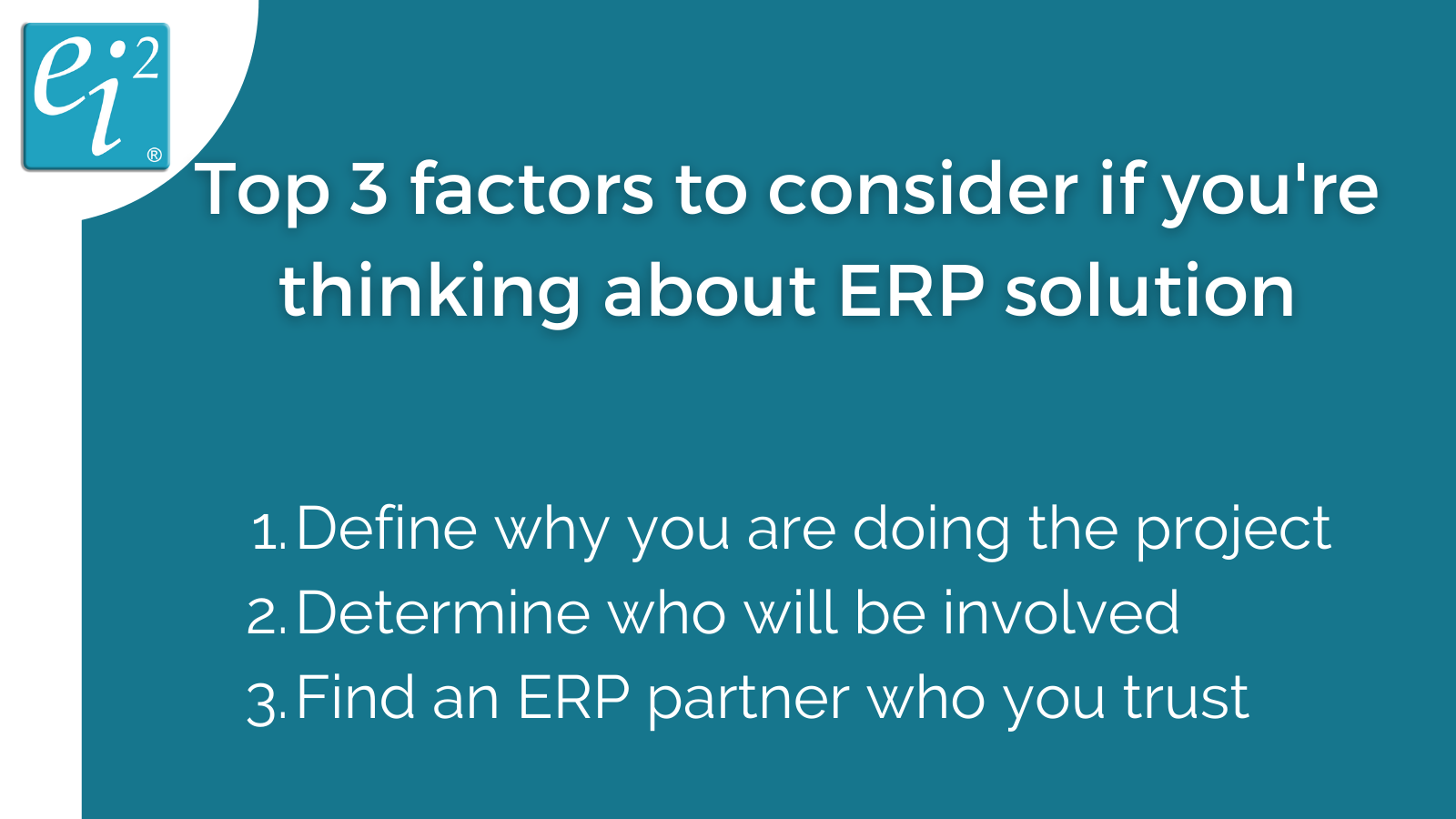It is important to distinguish between good and bad data. After all, if your company never realises that your data is of subpar quality, nothing would be done to address the issue. Bad data is data that is corrupted, poorly formatted, possesses duplicates, incomplete, or incorrect in some form or another. Good data, on the other hand, lack these qualities. Read more about Data Cleansing importance …
Omni-channel Approach for Telecoms Sector
Customer dissatisfaction can often arise because of certain channel strategies that are being developed in silos. Thus, one solution that many companies have used to address this issue is known as the omni-channel approach. In this blog, we will discuss the benefits of the omni-channel strategy and how it can help your business to improve.
Data Integration: Challenges
Big data is immense, both in volume and complexity. As such, it can often be a difficult resource to store, manage, and utilise effectively. To address this obstacle, however, the practice of data integration has been developed, whose role is to prevent the mismanagement of big data by consolidating it. This blog will focus on the challenges of data integration, but before doing so, we will provide a basic outline and example of the data integration process.
How can you turn data and analytics into an integral part of your business?
Data alone cannot help your business; rather, data requires people to analyse it in order to draw insights and ultimately guide business decisions. This process is known as data analytics, and in recent times, the process has become largely automated that allowed to reduce the probability of human error and boost efficiency. But what exactly are the benefits of utilising data to guide business strategy?
How ERP solution can help your business grow
Running a business is a complex feat, and requires a tremendous amount of planning and organisational skills. After all, the sheer amount of tasks, teams, time and budget you are charged with overseeing can oftentimes be overwhelming. Even trying to coordinate a simple project with the rest of your company can be difficult without some form of systemised optimisation.
But how exactly would you approach this issue? The answer is Enterprise Resource Planning (ERP). ERP is a systematic process used by companies to integrate and manage the central parts of their business. By consolidating all of your company’s most important datasets and processes into one platform through ERP, your business will ultimately achieve the optimum use of its organisation's time and people. In this blog, we will discuss some general applications of ERP, how it can benefit your business, and finally whether your business, in particular, should even pursue one.
Applications
ERP, as it was mentioned before, is a way to optimise company operations by integrating all of the important business processes and datasets into one broad platform. But what would you need this for? Some uses include:
- supply chain management,
- order management,
- logistics,
- human resources management,
- inventory, and manufacturing, etc.
The list goes on for much longer, but the central point made here is that ERP solutions are especially flexible and can be utilised for a wide variety of business-related tasks.
Benefits
ERP solutions do not impact companies in the same exact way, but it is important to keep in mind some of the major benefits that you can expect to see. For example, ERP solutions allow for various sectors or teams within your business to communicate and collaborate with ease. By consolidating all of your company’s software into one, barriers to information are eliminated, and your workforce will be able to approach tasks together with increased productivity and overall satisfaction.
On a similar note, the integration of business processes helps to reduce overall company expenditures. When multiple departments are being run under separate software platforms, not only does the management of your company increase in difficulty, but also the cost to support them on each platform individually. Not to mention, under one software platform, data redundancies and errors become less frequent.
Additionally, ERP solutions can optimise economic forecasting capabilities, help you track project budgets, and balance a project’s billable to a non-billable ratio (Read more in 'Data Monetization' blog)
Finally, ERP can improve overall customer satisfaction by providing employees with easy access to information, thus leading to quicker response and service rates (Read more in 'Achieving governed data democratisation' and 'Benefits of data integration' blogs).
Why you should invest in an ERP?
If the numerous benefits are not enough to influence you into pursuing an ERP solution, there are also several practical reasons as to why you should.
1) Increase Security Levels
ERP solutions are typically provided by large, trusted companies. These service providers often have many full-time teams who are dedicated to maintaining the integrity and security of your software at all times. Different companies provide different levels of security at varying rates, which also gives you some freedom to find the right one for your business.
2) Increased Access to Industry Innovators
As mentioned above, ERP solutions are usually provided by second-party developers. When hiring their services, not only will you receive a new ERP system (which includes training, software support, and community membership), but also you will be introduced to new communities of dedicated industry innovators and dynamic brands.
3) Reduced Menial Labor and Stacks of Paper/Disorganised Spreadsheets
If an organisation is what your company needs, ERP solutions will allow all company forms, reports, timesheets, invoices and other relevant data to be stored safely and accessed from anywhere at any time.
If you are looking to implement one, some of the most well-known, trusted, and highest-rated providers include Oracle Corp. (ORCL), SAP (SAP), and Microsoft (MSFT). These three companies all provide cloud-based solutions, which gives employees the ability to utilise resources that cloud service providers manage in private networks, essentially boosting data accessibility and security. Ei Square can assist you in getting an ERP solution for your business with provided training and support.
Conclusion
Ultimately, ERP solutions allow you to automate and streamline business processes to improve accuracy, reduce expenditures, boost customer satisfaction and more. ERP solutions also reduce barriers to data, which empowers employees to work with increased satisfaction, productivity, and collaboration. While the switch to an ERP may not be appropriate for every company, the benefits that this solution provides are highly advantageous for the success and longevity of your business.
About the author: Mark Roychowdhury is a Copywriter Intern at ei² niche consulting for #data #insights #performance www.eisquare.co.uk
Editor: Aleksandra Pavlovic
The Rise of the Augmented Consumer
Data is the fundamental requirement to accurately mapping out your customers’ journey. Without access to data, the most your company could do would be to make unsound speculations about your customer’ journeys, as with no hard evidence, accuracy would be compromised. However, having a solid foundation of data helps you to precisely determine the path your customers take to reach your services, and allows you to learn about their basic needs, tendencies, interests, and more.
Data Disparity
Data runs companies. It is a simple fact that no one can argue against nowadays. Everything from examining trends in labor time and production, to minimising safety and business risks throughout the supply chain, to forecasting new openings in the market - nearly every section of operations relies on the insights of data. As such, making sure that data is secure, consistent, accurate, properly managed, and free of gaps is extremely important. One of the largest problems, however, that separates successful companies from the unsuccessful is data disparity. Thus, in this blog, we will discuss the causes and challenges of data gaps within your company, as well as provide you with a simple way you can overcome this hurdle.
Achieving governed data democratisation
In today’s fast-moving and highly competitive enterprise environment, data governance is integral to keeping your business afloat. As more and more businesses have shifted to the digital world, the influx of customer data has increased significantly as well. Although the accumulation of customer data is critical, utilising that data to derive meaningful business insights is just as, if not more important.
Driving new revenue streams with data analytics
In order to both acquire and retain customers, it is integral that businesses harness the insights of their customer data in order to make precise business decisions. This process is commonly regarded as data monetisation. In today’s society, however, possessing only one or two sources of revenue is sometimes not enough to support a fully fledged business. It is thus important that your business uses data analytics to expand its niche by providing new services, which will ultimately result in increased streams of revenue as well as funds. In this blog, we will discuss the importance of generating new revenue streams through data analytics and some steps you can take to perform this.
Information Governance
In recent times, digital databases have grown tremendously in size across the globe due to both the transferring of physical information as well the generation of new data via digital activities. One issue this increase poses, especially to small businesses, is known as data overload. According to an online survey recorded over a span of 10 years, our collective digital activities have now generated almost 60 zettabytes of data, and are set to reach 149 zettabytes over the next four years. With such vast amounts of information, businesses often grow overwhelmed and as a result, this can disrupt the efficiency of daily operations. One common and practical procedure that aims to resolve this issue is known as information governance. In this blog, we will discuss the meaning, importance, and challenges involved with information governance.












